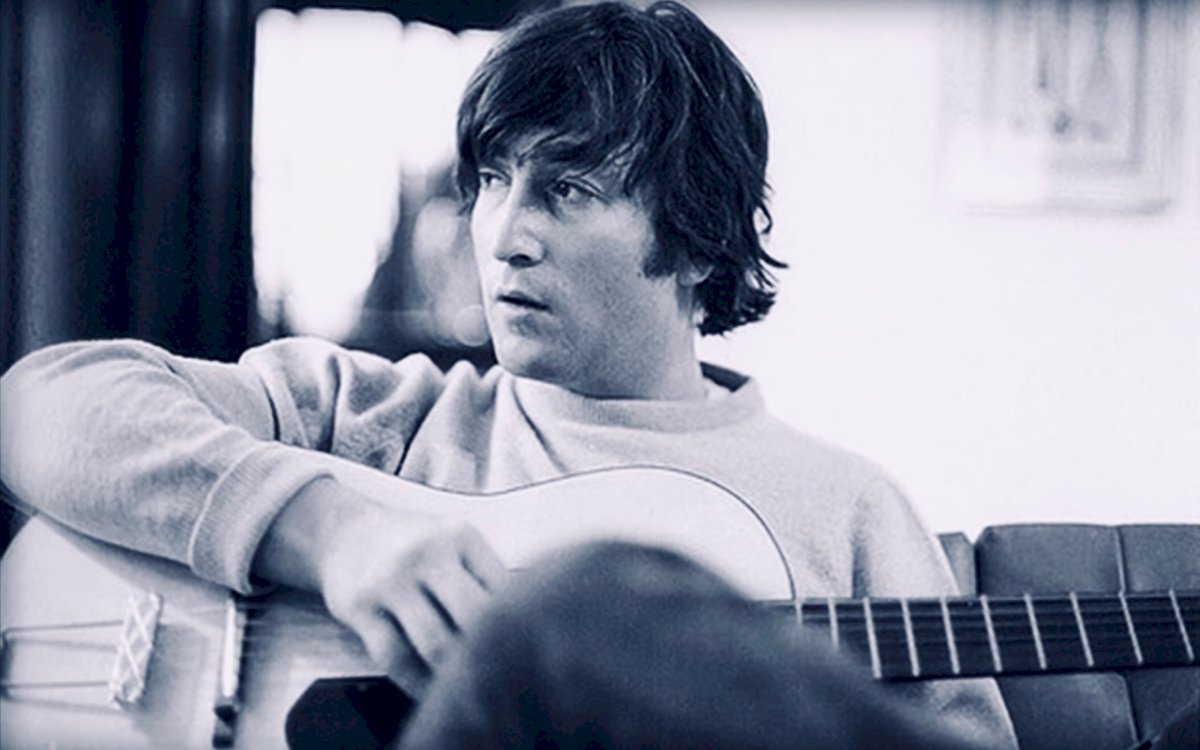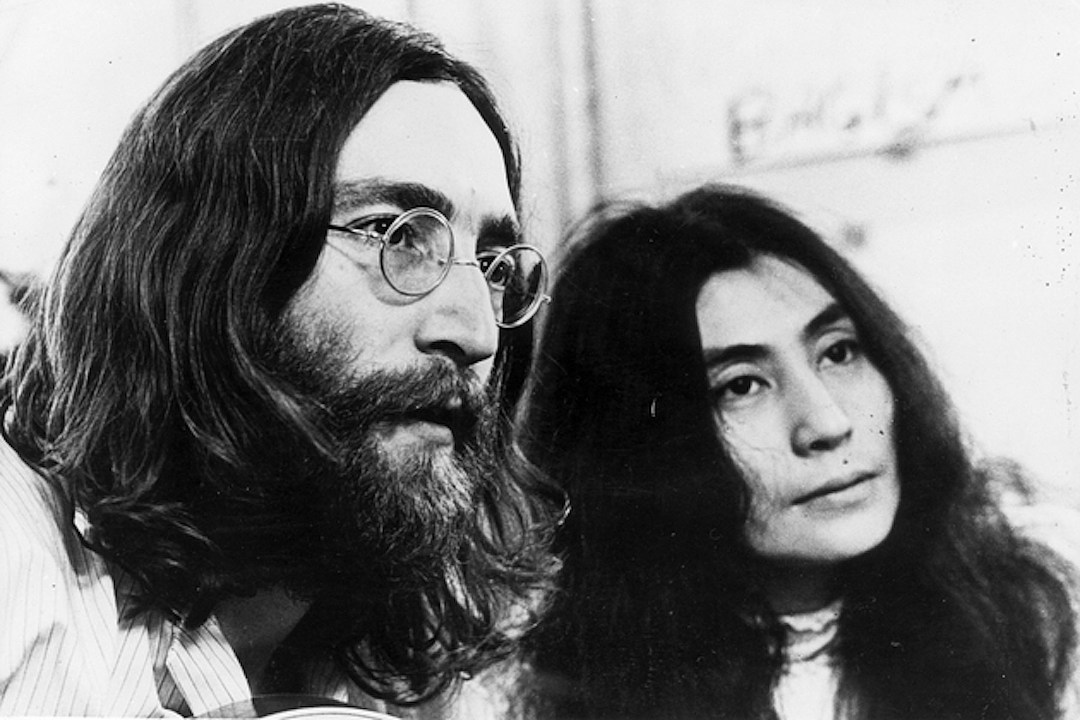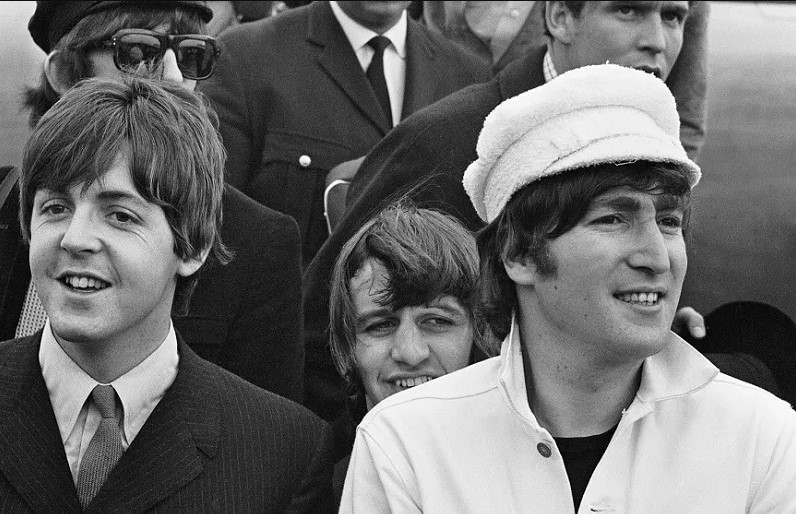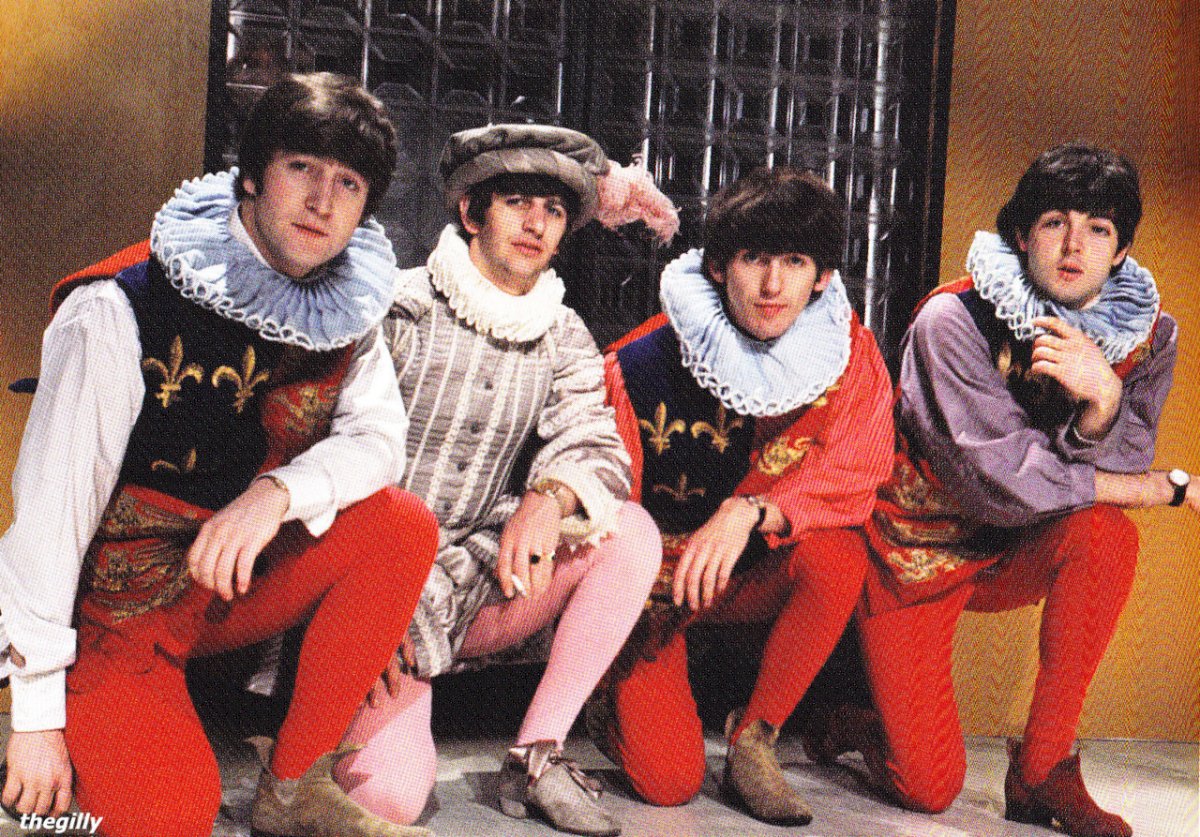In the summer of 1969, against the backdrop of an era defined by social upheaval, anti-war protests, and the ever-present vibrations of rock 'n' roll, John Lennon and Yoko Ono orchestrated a momentous event that would reverberate through the corridors of music history: "Live Peace in Toronto 1969." This iconic music festival, held at the Toronto Rock and Roll Revival on September 13, 1969, would not only mark the debut of the Plastic Ono Band but also stand as a powerful testament to the couple's unwavering commitment to peace.
(Watch the video below)

A World in Turmoil

The late 1960s were marked by seismic cultural shifts and global unrest. The Vietnam War raged on, sparking a fervent anti-war movement that reverberated through the arts, politics, and popular culture. Against this backdrop, John Lennon and Yoko Ono emerged as prominent voices for peace, utilizing their celebrity status to advocate for a world free from the shackles of war.
The Plastic Ono Band: Formation and Ideals

As the '60s drew to a close, John Lennon and Yoko Ono formed the Plastic Ono Band, a musical project that sought to break free from the conventions of traditional rock bands. The lineup included Eric Clapton on guitar, Klaus Voormann on bass, and Alan White on drums. With a commitment to spontaneity and a desire to transcend musical boundaries, the Plastic Ono Band became a vessel for Lennon and Ono's artistic and philosophical exploration.
The Toronto Rock and Roll Revival: An Unlikely Stage

The stage for "Live Peace in Toronto 1969" was set at the Toronto Rock and Roll Revival, a festival initially intended to celebrate the music of the 1950s. Little did the organizers and attendees know that this event would witness the birth of a new musical force and serve as a platform for a message of peace that would resonate far beyond the festival grounds.
The Day of the Festival: September 13, 1969
As thousands gathered at Varsity Stadium in Toronto, the atmosphere crackled with anticipation. The Plastic Ono Band took the stage, and what unfolded over the course of that day would become etched in the memories of those fortunate enough to be present. From the opening chords to the final notes, the festival was a sonic journey that defied expectations and left an indelible mark on the history of live performances.
The Performances: Sonic Revolution and Musical Alchemy

The Plastic Ono Band's performance at "Live Peace in Toronto 1969" was a revelation. From the opening chords of "Blue Suede Shoes" to the raw energy of "Yer Blues," the band transcended traditional notions of rock 'n' roll. Lennon's fervent vocals and Clapton's searing guitar solos created a sonic landscape that was both revolutionary and emotionally charged. Yoko Ono's avant-garde contributions, particularly during "Don't Worry Kyoko (Mummy's Only Looking for Her Hand in the Snow)," added an element of unpredictability and artistic experimentation.
The chemistry on stage was palpable, a testament to the band's commitment to musical exploration. Lennon, who had spent the past few years in the shadow of the Beatles, emerged as a dynamic frontman, channeling his frustrations, ideals, and artistic vision into a performance that transcended the boundaries of conventional rock music.
"Give Peace a Chance": The Anthem for a Generation

The defining moment of the festival came with the performance of "Give Peace a Chance," a song that would become an anthem for the anti-war movement. As the crowd joined in the refrain, the stadium transformed into a sea of unified voices, echoing the sentiments of a generation yearning for change. The song's simplicity and the power of its message resonated far beyond the festival grounds, solidifying its place as a timeless call for peace.
Beyond the Festival Grounds

"Live Peace in Toronto 1969" left an enduring legacy that extended beyond the confines of Varsity Stadium. The festival showcased the transformative power of music, demonstrating how it could be a force for social change and a vehicle for expressing dissent. The Plastic Ono Band's performance marked a turning point in Lennon's post-Beatles career, signaling a departure from the past and a bold step into uncharted musical territory.
The festival also emphasized the role of artists as agents of change. Lennon and Ono utilized their platform not only to entertain but to inspire, sending a resounding message that echoed the sentiments of a generation disillusioned by war and seeking a path toward peace.
A Sonic Testament to Peace

"Live Peace in Toronto 1969" stands as a testament to the power of music to transcend boundaries, ignite movements, and inspire change. The Plastic Ono Band's electrifying performance, fueled by the ideals of peace and artistic exploration, remains a defining moment in the history of rock music. As we reflect on that September day in 1969, it becomes clear that the echoes of the festival continue to reverberate, reminding us that music has the power to not only reflect the times but also shape them. In the spirit of John Lennon and Yoko Ono, may we continue to imagine and strive for a world where the universal language of music becomes a catalyst for lasting peace.



